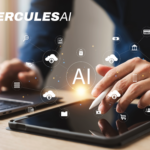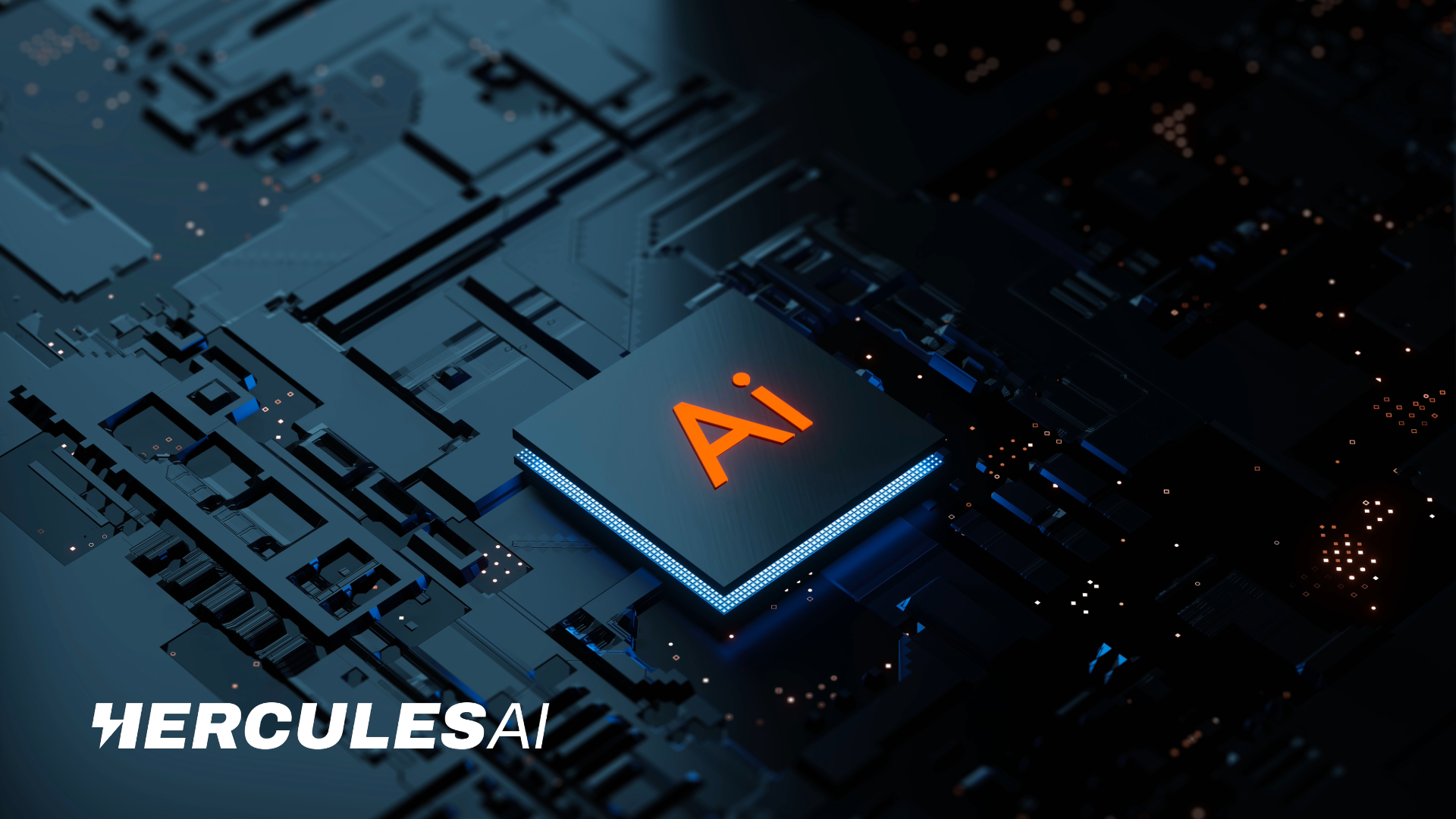
Battle of large language models: open source community vs tech giants
May 9, 2023
Enterprise-grade generative AI is no longer an illusion
June 12, 2023
The rapid advancement of AI has sparked concerns about its potential to replace knowledge workers across various industries. Many worry that the increasing sophistication of these systems may render human expertise obsolete, leading to widespread unemployment.
Job displacement is a major concern. AI is already demonstrating remarkable capabilities in tasks traditionally performed by knowledge workers, such as data analysis and pattern recognition. As algorithms continue to improve, there is a legitimate concern that human professionals could be outperformed by machines, resulting in layoffs and a shrinking job market.
Despite these concerns, it's important to note that AI also holds huge potential – from augmenting human capabilities to improving efficiencies. Experts argue that rather than replacing knowledge workers entirely, AI will likely redefine job roles, allowing humans to focus on higher-level tasks that require creativity, empathy, and complex problem-solving – areas in which machines currently struggle.
It’s unlikely that AI will replace knowledge workers in the foreseeable future.

Why? Think ‘genius zone’. Imagine two circles. The first circle represents what a knowledge worker is good at, and the second depicts what that knowledge worker enjoys doing. Where those circles overlap represents what that knowledge worker is both good at and what they like to do – this is the ‘genius zone.’
Now, look at the space outside the ‘genius zone.’ These are the areas that knowledge workers are either not good at, or don’t enjoy. And this is where AI excels, by increasing productivity, optimizing processes, and creating greater efficiency.
If a knowledge worker needs to provide data analysis on a spreadsheet, that’s a tedious task that could take hours and also something the worker may not enjoy doing. With AI, it’s instantaneous. They simply feed that sheet into a generative AI or LLM (Large Language Model) and ask it to analyze the data and provide an overview. Another example is streamlining scheduling and task management. Rather than sending individual messages to everyone in a team requesting free dates, generative AI can scan people’s calendar data and suggest a list of dates. In this case, humans are acting as the AI co-pilot.
“Machines will not replace humans – rather, humans with machines will replace humans without machines,” says Karim Lakhani, Harvard Business School professor, and I agree with this statement.
In the next five years, AI is expected to disrupt processes across all industries with professional services sectors set to face particularly significant disruption due to their heavy reliance on knowledge workers. Rather than seeing this as a challenge, enterprises should shift their approach and look at AI as an opportunity to increase worker productivity.
ZERO Systems offers a platform to create, deploy, and run generative AI apps that can augment knowledge workers at enterprises. The result is higher revenue, improved profitability, and enhanced worker satisfaction. AI is the next big disruptor and is here to stay. Those who hesitate to harness its potential will be left behind. Be the human augmented by the machine, not the human who is replaced by it.
